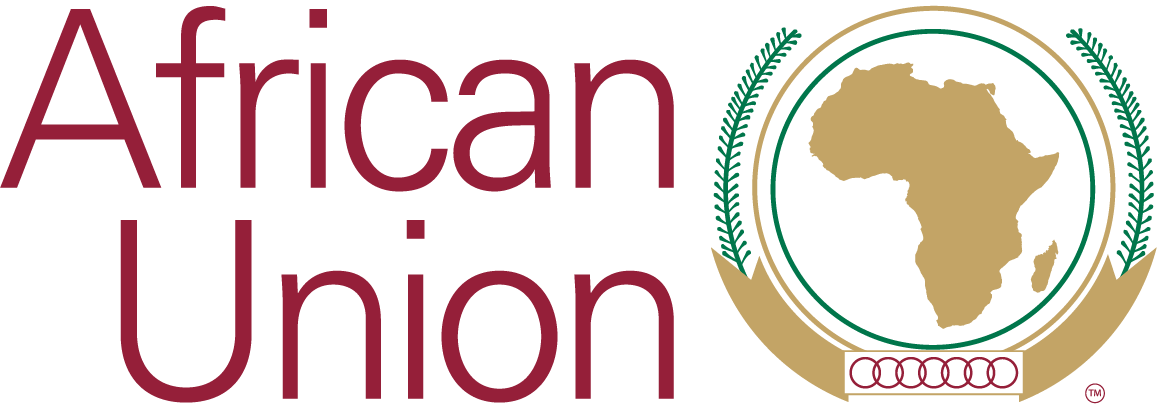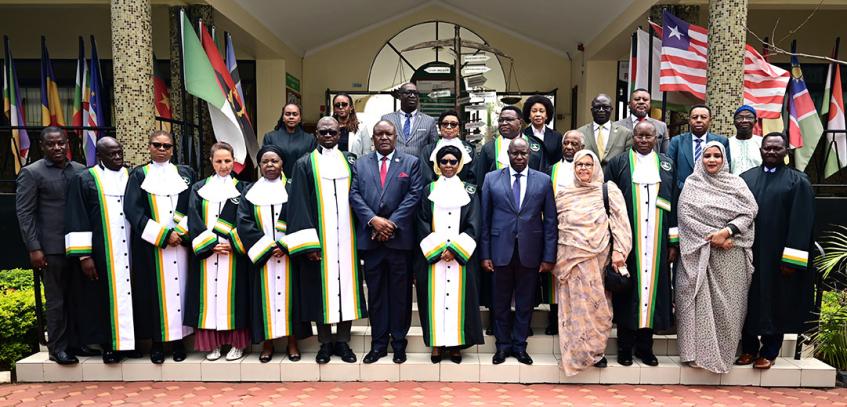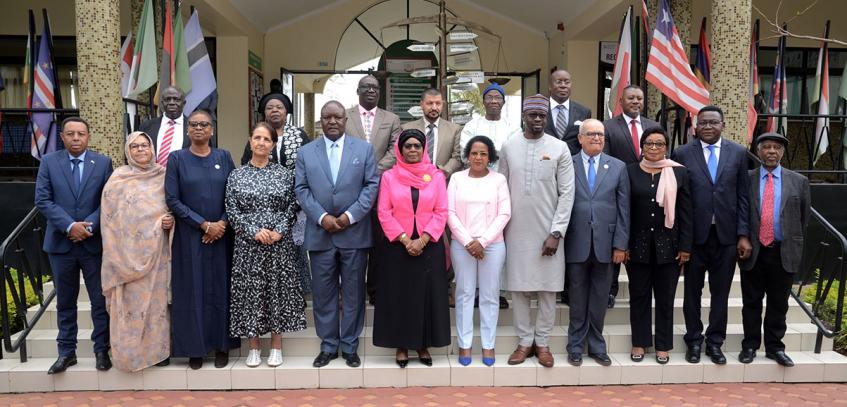The Pan-African Parliament (PAP) and the African Court on Human and Peoples’ Rights (AfCHPR) have signed a landmark Framework Agreement to enhance the promotion and protection of human rights across the African continent. The move marks a new era of institutional synergy between the African Union (AU)’s legislative and judicial branches.
Under the agreement, both institutions commit to cooperating on various initiatives related to human rights, good governance, democracy, and the rule of law. A particular focus will be placed on promoting the ratification, domestication, and implementation of African human rights instruments, as well as contributing to national legislative frameworks that support the effective application of human rights standards and decisions.
This groundbreaking development took place during a two-day joint political and technical meeting held between the leaderships and Secretariats of both institutions in Arusha, Tanzania, on 2-3 September 2024. The aim of the meeting was to institutionalise strategic and programmatic collaboration between the PAP and the African Court in the advancement of human rights and other shared AU values across the continent.
Leading the PAP’s delegation to the African Court’s headquarters in Arusha, PAP President H.E. Chief Fortune Charumbira emphasized the need for enhanced collaboration, noting the mutually reinforcing roles of the Parliament and the Court within Africa’s governance framework. He lauded the Court’s efforts in safeguarding human rights and called for a robust mechanism that would allow PAP to consult the Court on legal opinions and refer cases of human rights violations.
President Charumbira also highlighted the challenges both institutions face, particularly in relation to inadequate budgetary allocations and limited mandates.
In her remarks at the opening session, African Court President Hon. Lady Justice Imani D. Aboud emphasised Arusha’s significance as Africa’s judicial and human rights hub. She stressed the importance of strong cooperation between PAP and the Court, pointing out that both institutions share the common goal of promoting justice and governance across the continent. Additionally, she called for the ratification of the PAP Revised Protocol (2014), which would grant full legislative powers to the Pan-African Parliament, further enhancing the AU’s governance framework.
The human rights mandates of PAP and the Court align with those of other AU institutions and may overlap in some areas. The PAP is the quasi-legislative body of the AU, established under Article 17 of the Constitutive Act of the AU to ensure the participation of African peoples in the continent’s economic development and integration. The PAP is also mandated to make recommendations on a range of issues, including respect for human rights, the consolidation of democratic institutions, the promotion of good governance, and the rule of law.
Meanwhile, the African Court on Human and Peoples’ Rights is a continental judicial body established by AU member states to protect human and peoples’ rights across Africa. to complement the protective mandate of the African Commission on Human and Peoples’ Rights. The Court was created through the Protocol to the African Charter on Human and Peoples’ Rights, adopted in June 1998 by the Organization of African Unity (OAU), the AU’s predecessor.
This milestone partnership between the PAP and the African Court represents a critical step towards strengthening Africa’s human rights system and ensuring that continental governance upholds the values of justice, accountability, and good governance.
The Pan-African Parliament delegation to Arusha included the 3rd Vice President, members of the Committee on Justice and Human Rights, the Committee on Rules, Discipline, and Privileges, the Clerk of the Parliament, and technical personnel from the Secretariat.
END.











